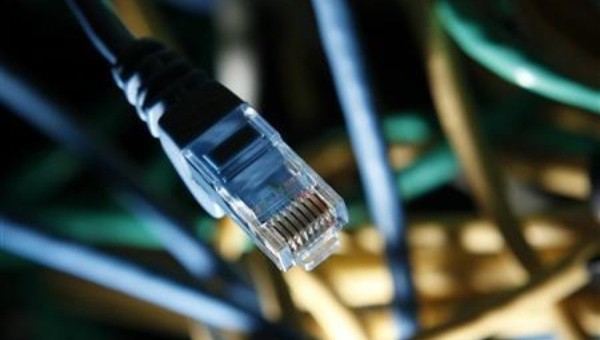In the United States, the net neutrality debate ended temporarily when the Federal Communications Commission (FCC) rule for a stricter regulation of broadband Internet Service Providers (ISPs) and telecoms. However, this debate is not needed in the Europe, which might allow ISPs to provide more differentiation via two speeds of data services.
Perhaps we can best understand the scenario by understanding a game theory concept called price of anarchy. It indicates how badly a particular system operates based on people's selfish behavior.
This can be applied to the "net neutrality" of ISPs. Their actions can indicate how well they are able to compete with other ISPs.
Actions that the ISPs take regarding issues such as traffic flow and the cost of carrying videos, can affect their competitive edge. Following its ruling, the FCC stated that there is to be "no blocking, no fast lanes" by ISPs.
In countries such as the UK and Japan, and South Korea, the need for net neutrality does not seem to exist. That is because customers can choose from various price points and performance points.
This is particularly true in the most densely populated parts of Europe, for example. Some home Internet access options include ADSL over landline, cable networks, and fiber optics.
There are also various options to connect gadgets such as cellphones and tablets to the Internet. The speedy net connections of 3G and 4G models make the industry more competitive.
In fact, some states of the EU are writing up proposals that would allow telecoms to prioritize particular services, according to Fortune. The goal would be to guarantee that the network works effectively.
In areas such as the EU, some cellphone provides do not data in a "neutral" manner. However, the goal is generally not to give special treatment to certain content providers, according to Quartz.
Regulators in countries such as UK watch the ISP market carefully. They examine detailed Internet traffic reports to verify that "net neutrality" is maintained without the need for legislation. So far, it has.



























